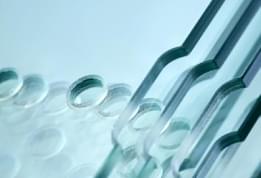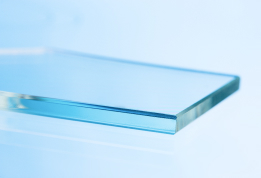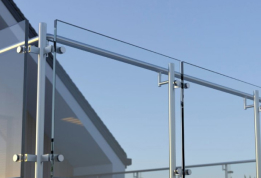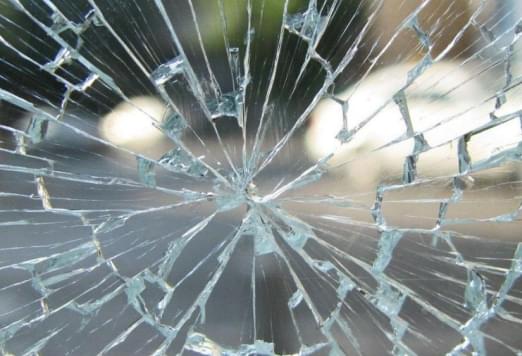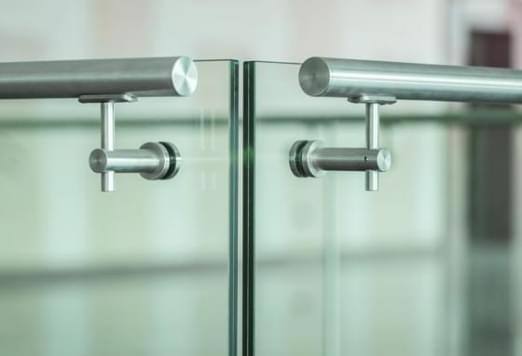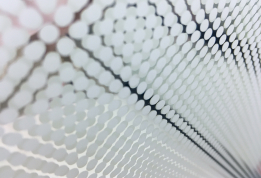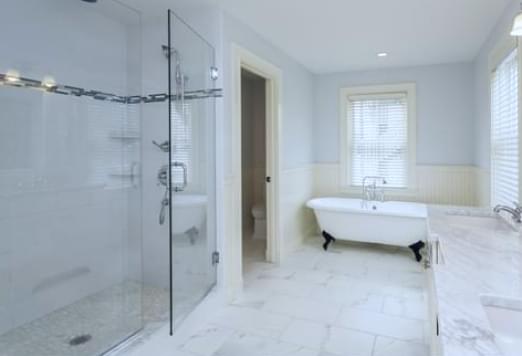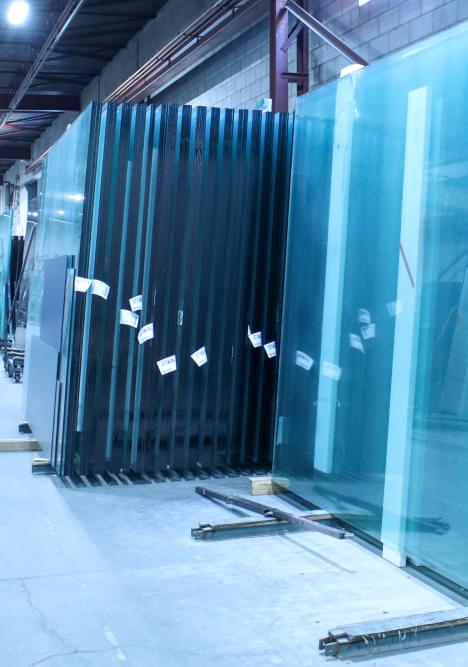Two Types of Safety Glass used in Automobiles
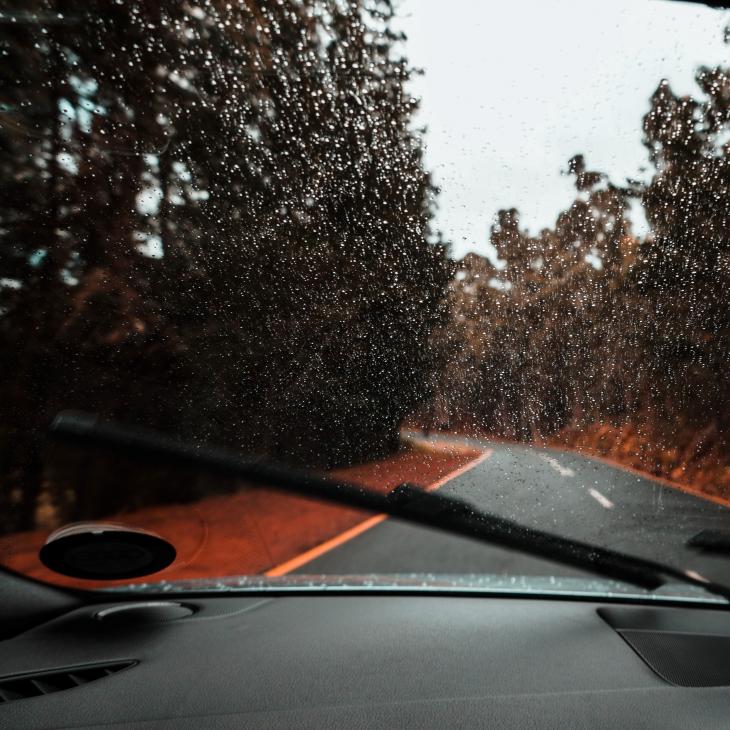
Necessity is the mother of invention.
Up until the early 1920s, most automobiles used standard glass to make windshields, rear and side windows. Since the standard glass broke into shards during an accident or a collision, it was a safety hazard. Thus, when safety glass was invented, it quickly replaced standard glass in automobiles as it protected the passengers from physical harm due to the breaking of glass in an accident.
Over the years, shatter-proof glass has become an essential component of our automobiles.
Let's Look at the Two Types of Safety Glass Used in Cars, Buses, and Other Automobiles:
Laminated Safety Glass
Laminated glass is manufactured by introducing a thin sheet of polyvinyl butyral(PVB) between two or more layers of glass. PVB is a plastic film that binds the outer and inner surfaces of glass. This sandwiching of glass with PVB prevents the glass from shattering into pointed pieces when it breaks. During an accident, laminated glass cracks but continues to uphold its structural integrity.
Due to its resistance to breaking when subjected to external forces, this type of laminated glass is widely used to make windshields on automobiles, windows of bullet-proof vehicles, etc. It also blocks UV rays and reduces high-frequency sound transmission.
Tempered Safety Glass
Since laminated glass is expensive, the automobile industry relies heavily on tempered glass for side and rear windows. While tempered glass may not be as strong as PVB fortified glass, they are still five to ten times stronger than standard glass.
The technique of heating the glass to extreme temperatures and then cooling it rapidly, makes the surface of the tempered glass tough enough to withstand external stress. During an accident or a collision, this type of glass breaks into small smooth pieces rather than sharp edges. This favorable characteristic of tempered glass makes them a perfect fit for automobile windows.
To learn more about the role of safety glass in automobile manufacturing, contact us today!
